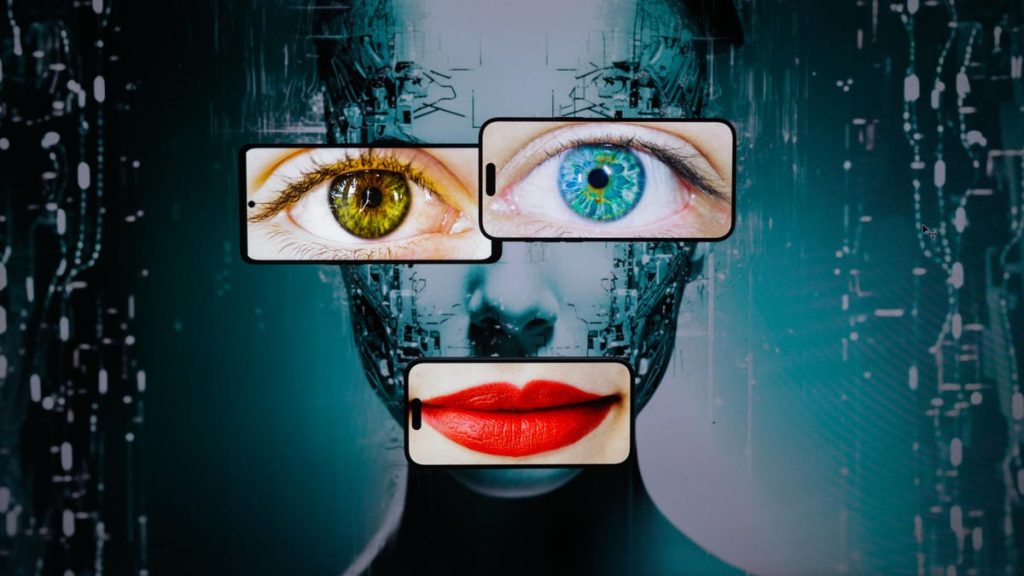In 2023, AI began to make a significant impact, and it looks like the trend will continue into 2024, especially with the rise of AI chatbots. OpenAI’s ChatGPT gained 100 million users in just two months, surpassing the growth rates of popular social media platforms like Instagram and TikTok. This surge in AI chatbots is transforming how people work, access information, and conduct business. Other AI tools like Google Gemini, Microsoft Copilot, and Claude.ai are also making waves in the field. Getting comfortable with AI chatbots will be crucial in the coming year, and understanding how to navigate and utilize these tools is essential.
ChatGPT is an AI service that mimics human conversation to understand text-based questions and provide relevant responses. Pretrained on large datasets, ChatGPT looks for patterns to generate appropriate replies based on user queries. It uses generative pretraining transformers to enhance its capabilities. Before using ChatGPT, users need to create an account with OpenAI, accept disclaimers, and adjust settings to specify parameters for responses. Providing custom instructions can help tailor the experience and improve the quality of answers.
Prompt engineering is essential for obtaining useful responses from ChatGPT. Users should have a clear objective in mind when formulating their questions to ensure focused and relevant answers. After typing a prompt into ChatGPT, the AI bot will generate a response, which users can rate as good or bad, and even request a regeneration for a different answer. Despite its capabilities, there may be instances of hallucination where ChatGPT provides incorrect information. Users should verify responses, especially in critical areas such as health advice or self-diagnosis.
If the answer from ChatGPT is unsatisfactory, users can refine their questions by providing more detailed information or asking clarifying follow-up questions. It is also possible to start a new chat session to get a different response. While ChatGPT does not remember previous prompts, OpenAI is developing a memory function to retain information from past chats for a more personalized experience. This feature is being tested for select users and can be disabled if desired. As AI technology advances, users can leverage these tools for various tasks, from brainstorming ideas to seeking personalized recommendations.
In conclusion, AI chatbots like ChatGPT are revolutionizing the way people interact with technology and obtain information. With millions of users worldwide, these AI-driven tools are becoming more prevalent in everyday life. Understanding how to use and optimize AI chatbots is crucial for staying ahead in a tech-driven world. By navigating the nuances of prompt engineering, verifying responses, and leveraging AI capabilities, users can make the most of these innovative technologies. As AI continues to evolve, it will shape the future of communication, problem-solving, and decision-making across various industries.















